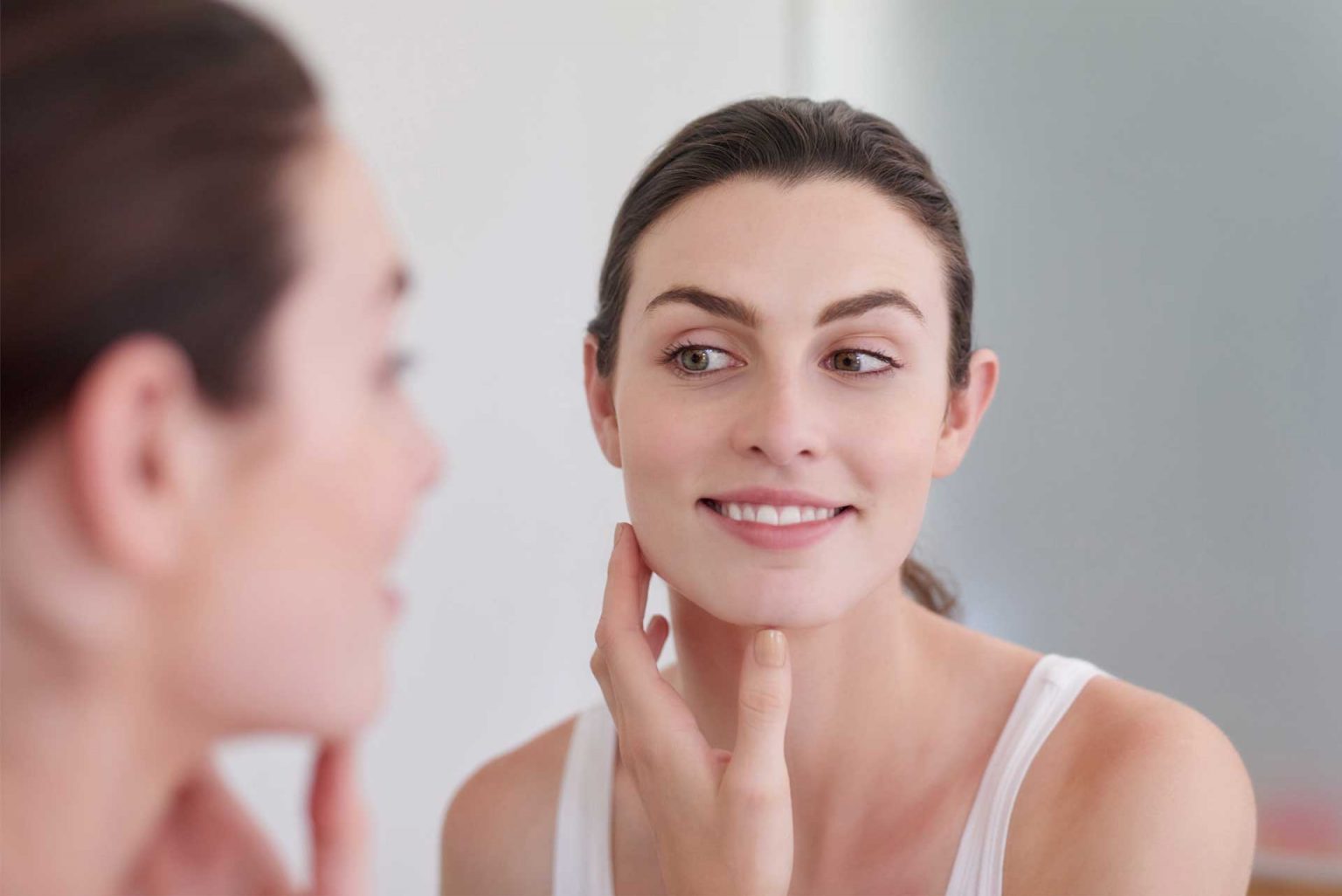
Adult acne is a common frustration that just about everyone has to deal with at one point or another, although some people are a lot more prone to it than others. Managing your risk is a matter of knowing your skin type and understanding the products that can support a healthy complexion by preventing and treating adult acne.
Dermatologist Recommended Products for Acne
There are a few active ingredients that have been clinically proven to help with acne symptoms, and most dermatologist recommended products for acne have at least one of them. Using a combination of products to get the benefits of each active ingredient is a good idea, and many of them are also standards for daily skincare for everyone, just in smaller amounts than you need to treat acne.
- Hyaluronic Acid
- Vitamin C
- Retinol formulations for sensitive skin
- Azelaic acid
- Niacinamide
The last two ingredients are the ones most often associated with acne treatment and hyperpigmentation, and they are usually what sets an acne treatment apart from other products with the first three ingredients.
Avoiding Clogging Your Pores
Natural skincare products often make use of natural oils the skin can easily take moisture from. When the right oils are used, most people do not have any issues with clogged pores or other negative side effects. Those with sensitive and acne-prone skin often find that these oils still cause a reaction, though. Heavy cream products can also cause issues even when they contain no oil, because they are designed to absorb slowly so they sit on the skin.
The best workaround is to find lighter, thinner options for moisturizers, like an all-season vitamin C face cream. Avoid oil-based formulations entirely in favor of water-based ones that have active ingredients designed to encourage a healthy balance between skin oils and hydration, like hyaluronic acid. Make sure you have a good cleanser too, and use it twice a day.

Adding Acne Treatment To Your Daily Skincare Routine
The first step in any complete skincare routine is your cleanser. Using one that is specially formulated to help with acne is a good idea. After the cleanser, use any serums you’re going to incorporate, then any specialty creams like azelaic acid cream for acne, vitamin C lotion, or retinol-containing products. After those products, it’s time for your main moisturizer and then your SPF to put the final layer on.
Working in this order ensures that the products that you need most are closest to your bare skin. Moisturizer can create a layer that acts as a barrier while it is being absorbed, rendering some specialty products less effective. Sunscreen has the same effect but with even more intensity because it is designed to be a barrier cream. While it mostly blocks the sun, it’s designed to stay for hours, so it is not a good idea to put any essential skincare products over it.
The Sooner You Start, the Sooner You See Results
Skincare works a lot like hair supplements and other products designed to reverse a long-term process. That means you will not be able to see profound effects quickly, but you will notice small differences in the first few days that add up over weeks and months. Consistency is the key, and the sooner you start using acne treatment in your routine, the sooner you can see the results.




